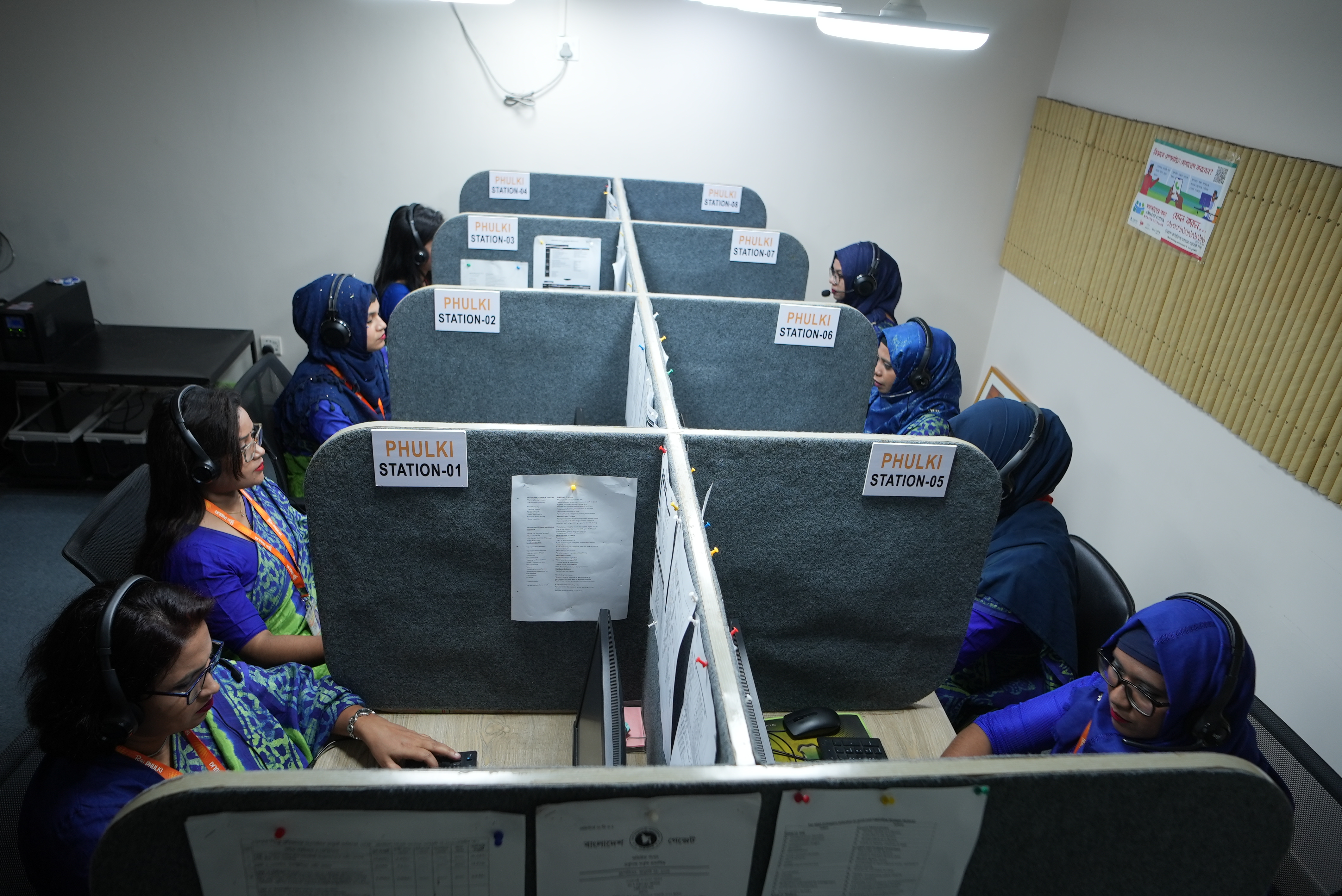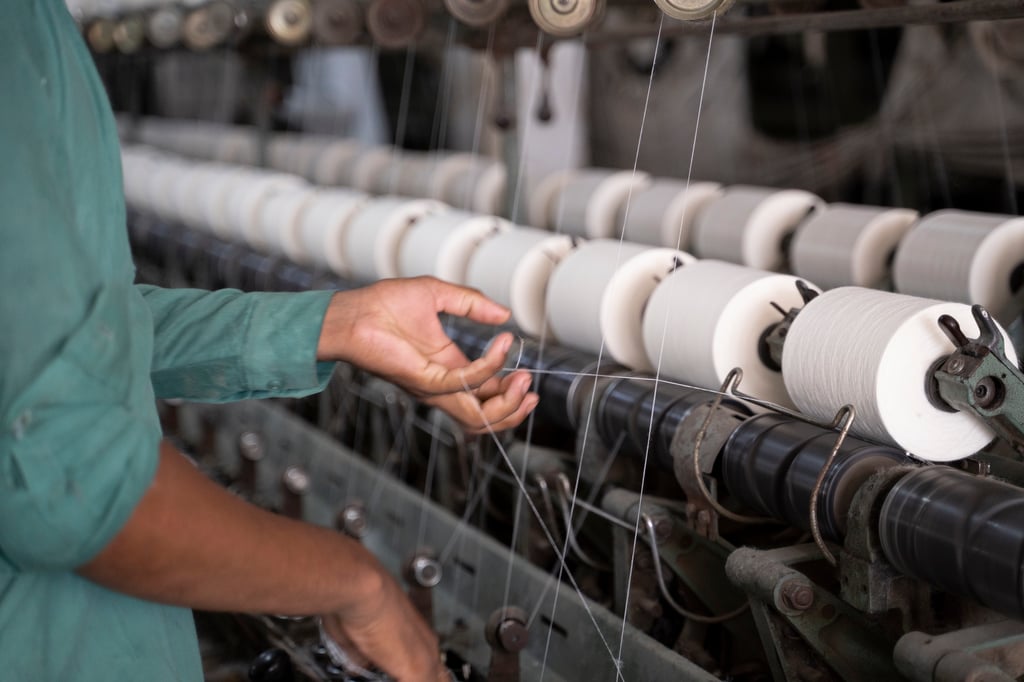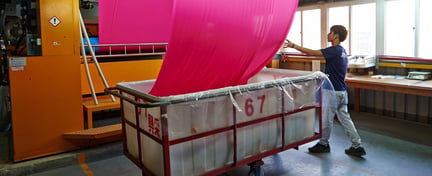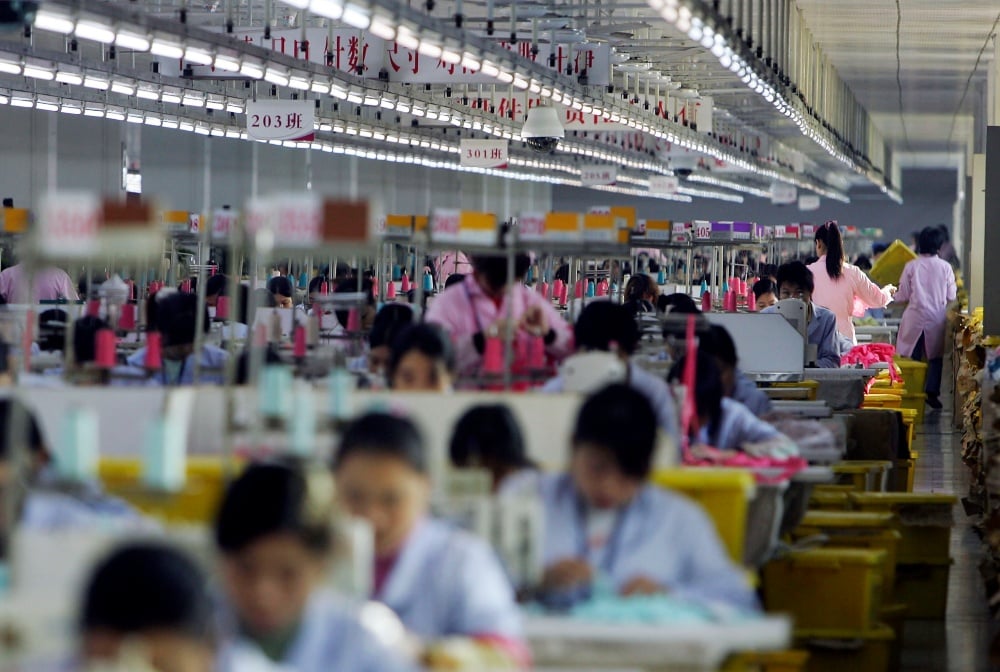Following the sixth UN Responsible Business and Human Rights Forum, Savitri Restrepo, Associate Director at LRQA, shares her experiences on how having effective grievance channels in supply chains, such as the Amader Kotha helpline, helps workers to voice concerns and makes a real difference in the lives of workers and their families.
The forum brought together a diverse group of experts and stakeholders to engage in dialogue and exchange ideas on innovative models for grievance mechanisms and remediation, including worker-driven and multi-stakeholder processes as well as the roles that civil society and businesses play in ensuring meaningful and effective remedy processes. With the theme “The Remedy Blueprint – Bridging Gaps and Accelerating Access”, the forum highlighted the crucial role of NGOs, trade unions, and civil society in designing and implementing effective grievance mechanisms.
In this new era of risk management, Assurance 4.0, businesses face a rapidly changing world, with a heightened focus on ESG considerations and supply chain complexity. Effective grievance channels in supply chains have become essential components of supply chain management as a result of due diligence legislation such as the German Supply Chain Act, the French Duty of Vigilance Law, the UK Modern Slavery Act, the U.S. Uyghur Forced Labor Prevention Act and – importantly – the EU Corporate Sustainability Due Diligence Directive (CSDDD).
One of the key points of the forum was to highlight the benefits of a collaborative approach to grievance mechanisms that acknowledge the strong role that civil society actors play as advocates for workers’ rights, helping workers to voice concerns through long-standing relationships based on trust. The Amader Kotha Helpline in Bangladesh is a collaboration between three project partners – Phulki, a respected civil society organisation working to improve the lives of workers and their families in Bangladesh; Clear Voice, a project of The Cahn Group that operates hotlines and builds effective grievance mechanisms in supply chains; and LRQA, the leading supply chain risk and sustainability solutions provider globally - each partner bringing years of experience building innovative, best-in-class labour compliance programmes in supply chains. As the local civil society partner, Phulki is the face of the Amader Kotha Helpline. Established by Suraiya Haque over 30 years ago to promote the entrance of women into the workforce by establishing in-factory day care centres, Phulki has successfully navigated the needs of workers and managers to create relationships of trust.
“Our goal is to bring mothers into the workforce and since a majority of workers in the Bangladesh garment sector are women, the Helpline allows us to extend our work and make a real difference in the lives of workers and their families.”

Call centre staff working at Phulki stations
As a panellist in the session titled Worker Grievance Mechanisms and Access to Remedy in Asia: Lessons from Selected Supply Chains, LRQA’s Savitri Restrepo discussed how organisations like Phulki, who are physically present and embedded in local worker communities, are crucial to understanding the context and specific challenges faced by workers. Their insights can help design grievance mechanisms that are culturally appropriate and effective in addressing the unique needs of RMG workers in Bangladesh.
The Cahn Group regularly provides advice on the Helpline’s operational protocols and serves as a liaison to brands and retailers who benefit from the Helpline’s services. As head of The Cahn Group, a corporate responsibility expert and secretariat for Amader Kotha Helpline, Doug Cahn noted:
“In addition to being part of an effective stakeholder engagement programme, grievance mechanisms also fit into the larger world of corporate accountability and remedy ecosystem. A well-functioning grievance programme relies on multi-stakeholder partnerships and cooperative approaches to remediation.”
In a world of increased accountability for all supply chain actors, the Amader Kotha Helpline is a prime example of the value of collaboration, first between the Helpline partners and then between the Helpline and workers, factory managers and their brand customers.
“Of the grievance mechanism offerings we support, the Amader Kotha Helpline is one of the oldest and most successful. It’s helping resolve worker grievances every day by providing information factory managers need to prevent recurrence, and that’s a positive development for all stakeholders.”
The Amader Kotha Helpline is a powerful example of how effective grievance mechanisms can be established through collaboration, trust, and a deep understanding of worker needs. By collaborating with partners like The Cahn Group and Phulki, we ensure that workers’ voices are heard and that meaningful remedies are provided. At LRQA, we are proud to support initiatives like Amader Kotha as part of our commitment to responsible supply chain management and human rights due diligence. As we continue to work with global brands, we strive to promote safer, fairer working conditions, creating lasting positive impacts for workers, businesses and communities.
Find out how LRQA can help your business implement or improve your grievance mechanisms, Contact us.
Find out more about Grievance Mechanisms










